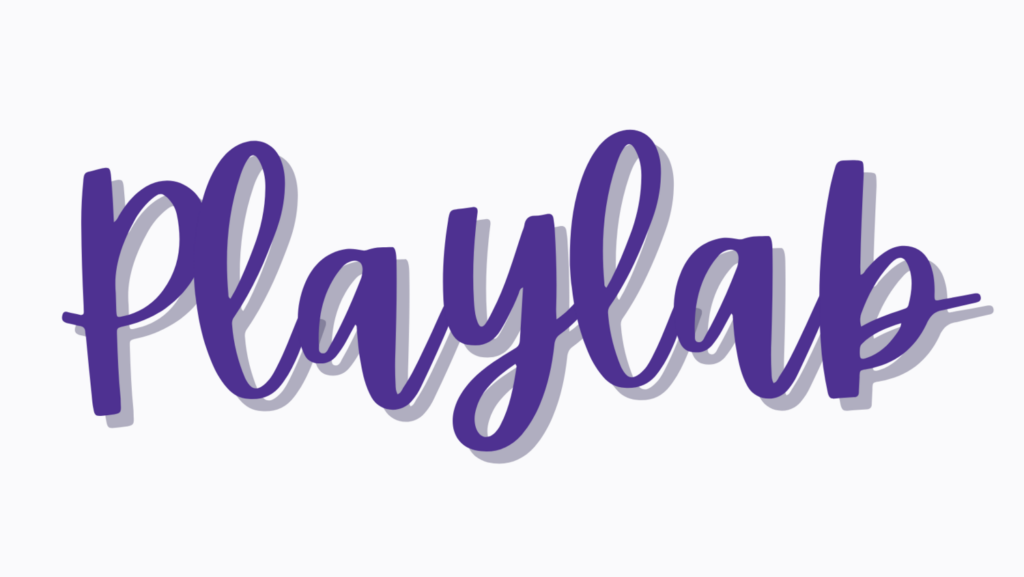KTA Playlab

Are you a local playwright and want to hear your words read aloud by others? Are you a local actor looking to flex your cold-reading muscles? Join us on the third Monday evening of every month for the KTA Playlab, an opportunity to meet other members of the community and read some new material together. We want to read anything and everything you’ve got, so send it our way and we will find a time during a Playlab to have it heard!
Playwrights:
If you want to have your script, scene, monologue, or other piece of text-for-performance read at an upcoming Playlab, send it to us in an email to playlab@kingstontheatre.ca
Please include: the title of the piece, your name (or pseudonym), and any special considerations you would like noted when reading your piece (e.g. should one performer be reading multiple parts, do you have a song in mind for that one section, how should certain unusual words be pronounced, etc.).
KTA staff will read over the submissions to determine which ones will be read at which Playlab. We will notify playwrights of the date their submission will be read. We will ensure there are enough printed copies for every reader to have their own.
On the evening that we read your piece, there will be an opportunity to receive feedback from the readers and audience, facilitated by the KTA staff present. Please come with thoughts on what form of feedback works best for you.
We can’t wait to read your writing!
Actors and Audience Members:
Make sure you RSVP to the Playlab you want to attend on our Facebook event & register via Eventbrite:
After the reading is completed, there will be an opportunity to provide feedback on what you have heard or read. This feedback session will be guided by the KTA staff. A note on this feedback: although we appreciate any and all feedback, we would like it to be directed at aspects useful to the playwright. For example, it would not be useful to tell them that you didn’t like something without mentioning exactly why you are making that critique. Start with positives, and always offer notes that will take the work further, then the playwright can keep whatever feedback that they find may be useful in furthering their work.